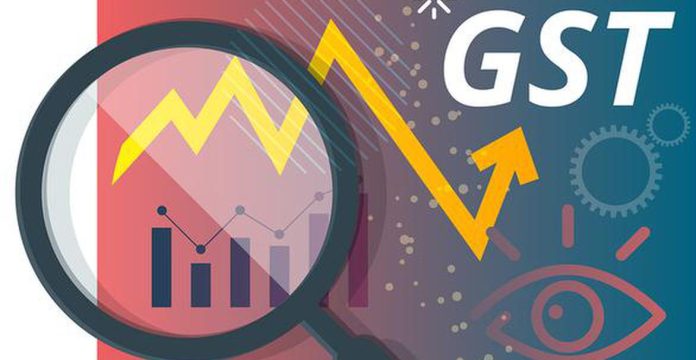- The Goods and Services Tax (GST) has been a much-needed revolutionary indirect tax regime that was introduced by the Bharatiya Janata Party-led National Democratic Alliance in 2017. You may be aware that the GST saw coming into fruition after years of deliberations, opposition, and amendments when all the states concurred with the reformist move finally. However, the jury is still out to ascertain whether the tax reform has altered the way our country’s revenue mopping up exercise has succeeded as intended in the first place. Yes, the pandemic did put a brake on the economic activities’ courtesy lockdowns and mobility restrictions thereby severely affecting the GST collection. Thankfully, things are looking much brighter by the day of late.

PC: Rajat Gurnani
- Coming back to the subject matter, the GST is yet to cover some of the most crucial products like petroleum products and electricity consumption even after five years. Let us look at why there is opposition to allowing the extension of the GST to these products. Oil producers and refineries exporting downstream products have had a good run this year as economic activities kick-started with renewed vigour. Consequently, on June 30, the Government of India levied an indirect tax on them to capture a part of the windfall gains. Remember, the levy of indirect taxes in the form of cess on domestic crude production sold at import parity prices, and on the export of petrol, diesel, and aviation turbine fuel will accrue entirely to the Union Government’s kitty.
- Why so? Because a cess is not part of the divisible pool of taxes that has to be shared with states. Last week, the GST Council had a two-day meeting where steps to reform the structure of the indirect tax by closing some exemptions and correcting inverted duties were approved. It’s a welcome move indeed. As you know, GST has withstood stress tests in 2020-21 when the economy contracted spectacularly. It also withstood the challenge, and its resilience is now beyond question. Nonetheless, GST remains a work in progress as the Council needs to extend the same to important economic inputs currently outside its purview. Especially, petroleum products and electricity necessitate a thorough consideration into coopting the same.

PC: Garima
- Agreed, one of the foremost aims of GST is to improve India’s economic competitiveness by removing the cascading impact of taxes. Thus, keeping petroleum and electricity outside GST will not help us realise this goal as the input tax credit is unavailable when they are used in economic activity. Understandably, states are reluctant to subsume these products into GST as they feel the Union Government has eaten into the divisible pool of taxes by resorting to cess and surcharge. Of course, states have a point since the share of cess and surcharge in gross tax revenue increased from 10.4% in 2011-12 to 15.3% in 2018-19. Therefore, the Union Government should avoid frequent recourse to cess. Avoiding cess to persuade states to bring petrol, electricity, and all of the real estate into GST should be the target. Hopefully, this should be achieved sooner than later.






